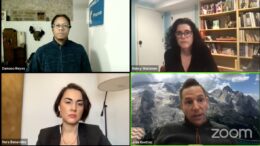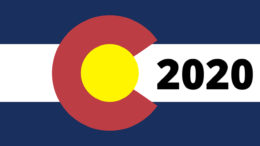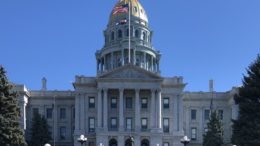CFOIC honors COLab founders with its Jean Otto Friend of Freedom Award
The Colorado Freedom of Information Coalition presented its highest honor, the Jean Otto Friend of Freedom Award, to the founders of the Colorado News Collaborative, an innovative local media resource hub that is helping to strengthen local journalism statewide.










